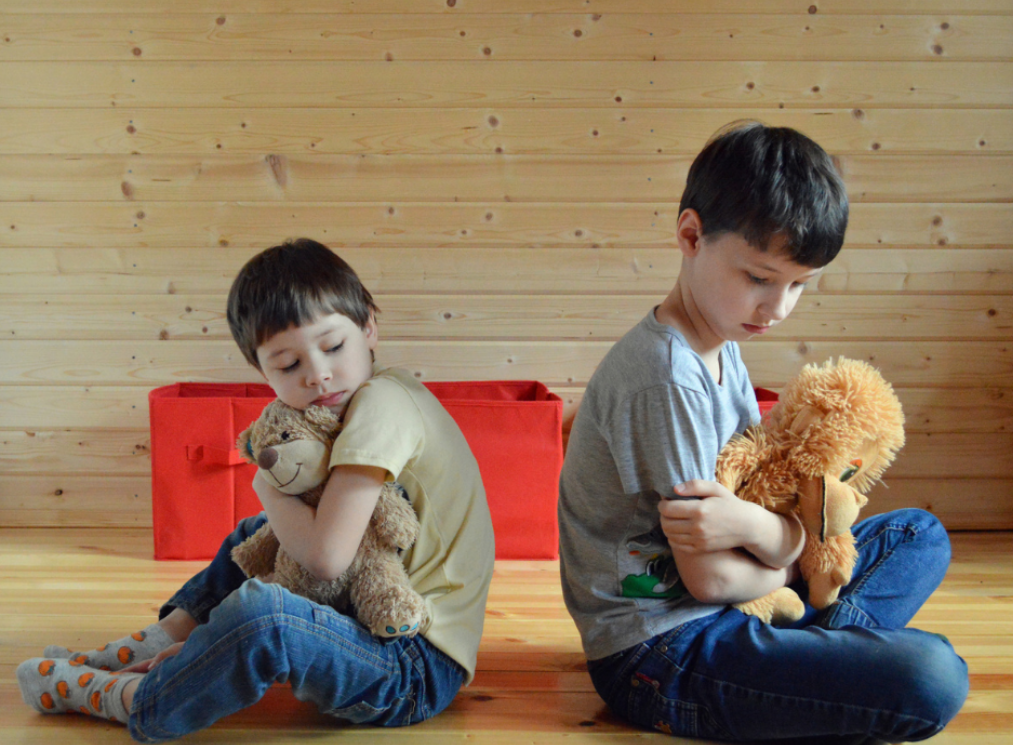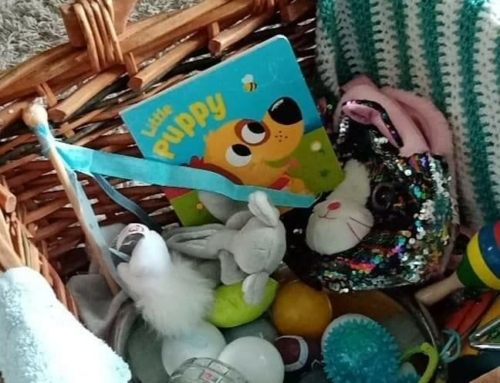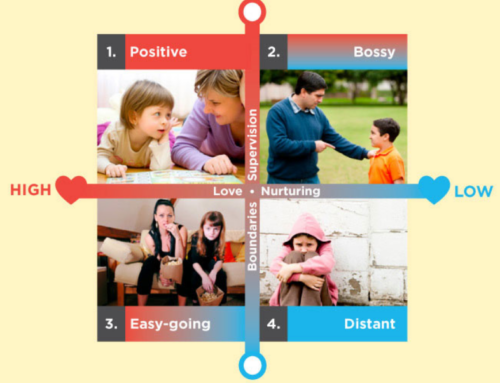In your child’s early years they gradually develop a sense of who they are and what they can become. And in this process it is quite common for them to experience feelings of jealousy towards other children.
A very common form of jealousy is ‘sibling rivalry’, which for any of you out there who have siblings of your own, will know what I’m talking about. I myself have 2 brothers and 2 sisters and even as grown-ups I think there may still be a little of this ‘rivalry’. It is all in fun though and very interesting. Like so many of you out there, last year we set up a family group chat when the pandemic hit and my brothers and sisters created their own nicknames. The names they gave themselves were, the ‘heir’, the ‘favourite’ and the ‘blue-eyed boy! I had considered changing the group name to the ‘deluded’!!
However, in younger children ‘sibling rivalry’ can involve expressions of hostility between your children where they view each other as rivals competing for your love and affection. There are times when this form of rivalry will be more pronounced, for example when one child is sick and has received a lot of attention, or if you have a child with additional needs requiring a lot of particular care and attention.
It will also develop in households if a parent is over indulgent towards one child and being overly strict with another. Another common contributor to this form of rivalry is if a young child hears parents comparing one child with another. So be mindful of all your children as they take everything on board and love individual attention. We have provided pointers in earlier blogs on how to ensure you have quality one to one time with your children – see for example ‘Special Time’ and how 15 minutes a day can make such a difference for a young child.
Another key stage for sibling rivalry is with the arrival of a new baby brother or sister. It is important as a parent, even though it may be challenging, to recognise that this behaviour is actually very common and a ‘normal reaction’ for your now ‘older child’.
So how does this happen? It is more likely to happen if you make a huge fuss about the arrival of the new baby and in all this excitement, your older child(ren) doesn’t get enough attention and affection. Feelings of jealousy may be expressed either through aggressive or regressive behaviour. This aggression can be directed towards you as parent or towards the new ‘intruder’ in the family. By understanding that these feelings are normal, and when openly expressed, it can be a great sense of relief to children who are worried that their parents won’t love them as much.
Regressive behaviour, on the other hand, involves a return to ‘babyhood’ activities, such as thumb sucking, bed-wetting or soiled pants. There are many things that we as parents can do to lessen or even prevent sibling rivalry when a new baby is born.
- Prepare your child for the arrival of the new baby. It is helpful to make this ‘personally meaningful’ to your child, for example, “You will soon have a baby brother or sister”. Even if your child is quite young and does not fully understand what you are telling them you should talk about any changes that may occur in their life and to talk openly about the feeling your child may have about these changes.
- Involve your older child as much as possible in the preparations for the new baby. This could include preparing the baby’s cot or getting nappies ready. Even though a toddler or young child are limited in terms of what they can do to help, it is important that their contributions are treated as an important part of the family’s preparation for the new baby.
- Set aside some time with your older child on his own after the new baby arrives. Such interaction provides reassurance that they are still loved as much as ever by his parents, even though they have to devote much time to caring for the baby.
Even though the arrival of a new baby can be a key stage for new jealousies, children in the same family will most likely continue to experience sibling rivalry during the pre-school years. And, even though this can be quite trying, it is a normal part of family life. It is as though young children think our love is limited and we only have a small amount to share. As they get older, of course they learn we have a world of love to share with them. But you may still get the odd comment like I do when spending one to one with my teenage children – “Mammy it’s okay to tell me I’m your favourite”!!







